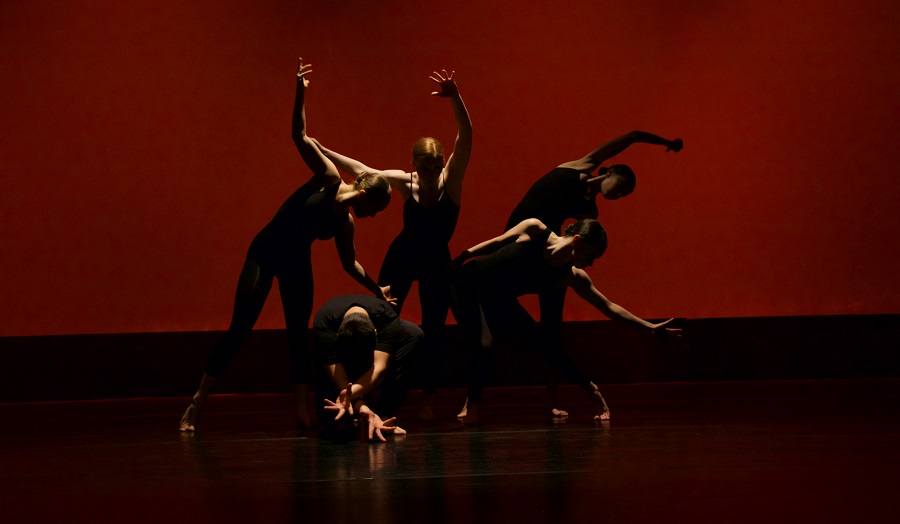The book contains scientific advice from a plethora of experts to help dancers choose a nutritional plan that supports the dancer in their physical and mental endeavours.
Date: 9 December 2021
London Met's Dr Dee Bhakta and Professor Chris Palmer published a new book, The Vibrant Dancer's Book of Nutritional Guidance and Healthy Recipes for Amazon Kindle.
Assembled in this book is scientific advice from nutritionists, dietitians, dance masters, dance teachers, dancers, sports scientists, dance therapists, immunologists, endocrinologists, neuroscientists, and cancer biologists to provide guidance and a scientific basis for dancers, dance teachers, and parents and partners of dancers to
The authors explain, "Professional dance training takes great fortitude and not for the faint-hearted requiring total commitment often to the detriment of other aspects of the dancer's life such as obtaining the correct nutrition to support the challenging lifestyle of the committed dancer. For the professional or training dancer, the recipes in this book can be utilised to avoid mental and physical fatigue and challenges to the immune system.
"The recipes may also help the dancer to reduce the risk of injuries and enhance recovery from injury by consuming the nutrients needed to heal and rebuild the body. The nutrients in these recipes can also provide the "cognitive" food the dancer's brain needs to be a creative and vibrant artist and may reduce the risk of depression and improve mental wellbeing. After all the hard work you have put into becoming a dancer you owe it to your body and mind to take your nutritional needs seriously."
Dr Bhakta is a Senior Lecturer in Health Sciences in School of Human Sciences at London Met and Course Leader for the University's Human Nutrition MSc, as well as a Fellow of Higher Education Academy. She is also a practicing nutritionist and a registered dietitian whose research interests include the role of plant-based diets in health. She became interested in dance particularly during the COVID-19 pandemic where she found the online dance classes as a great way to improve muscle strength, co-ordination and also improve mood.
Prof Chris Palmer started dancing twenty five years ago and received training in ballet and Spanish dance culminating in award of "Instructor de Baile" Diploma from the Sociedad de Baile Español. He has performed at numerous venues in America and the UK and currently teaches adult Flamenco classes in London. He has previously worked on the molecular biology of the HIV-1 transmembrane protein at the University of Reading.
Professor Palmer's research then moved on to carry out research at the University of Wisconsin-Madison on mechanosensitive ion channels in yeast and humans and on the role of Sigma-1 receptors in Potassium channel modulation in neurons. More recently Professor Palmer worked at Imperial College investigating the role of ion channels and transporters in Cancer. Professor Palmer's present work involves the involvement of ion channels in cancer.
Additionally he has interests in investigating phytochemicals with anti-cancer properties and in longevity, health, well being and dance nutrition. Currently he teaches cellular biology to nutrition and dietetic students and molecular biology and molecular oncology to biomedical students at London Met.

